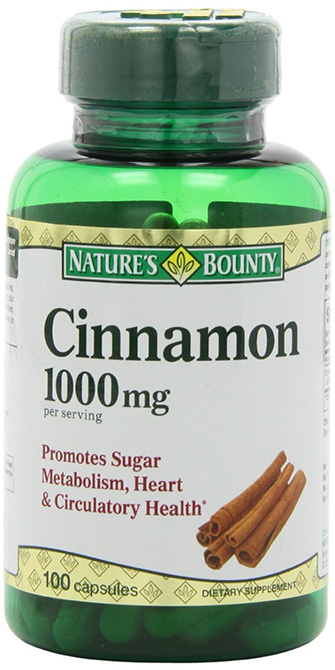Cinnamon Benefits
Cinnamon (Cinnamomum, various species) is one of the most common seasonings used today.
In Egypt, cinnamon was used as a flavoring for beverages and during the mummification process.
In ancient Chinese tradition, cinnamon was used as herbal medicine to treat different health problems.
Ground cinnamon is used as a spicy sweetener where cinnamon sticks can be used as swizzle sticks in teas or coffees or for the preservation of food products.
Cinnamon is also used in baking, making puddings, in milk or fruit punches.
Cinnamon has antibacterial and antifungal properties and is often used together with other healing herbs.
- It has potent antimicrobial action and can settle an upset stomach.
- It is regarded as an effective cure for all types of colds.
- Keeps blood sugar levels stable.
- Used to counter loose bowels.
- Traditionally, cinnamon is used to treat dyspepsia
- Treat poor appetite.
- It may improve digestion.
Cinnamon Side Effects
Cinnamon is not good for people allergic to cinnamon or Peru balsam. Also, cinnamon should not be used during pregnancy in large amounts (dietary intakes are likely to be safe). Cinnamon oil can cause allergic contact dermatitis when used topically.
Cinnamon Usage
Cinnamon is regarded as a hot herb and a stimulant for the kidneys, heart and circulation. As a hot herb cinnamon is used internally for colds and against sluggish digestion.
Tea made from cinnamon bark and leaf can be used to soothe muscle aches and strains. As an antiseptic herb, it is useful for toothaches and mouth sores.
Cinnamon spell, click here.



